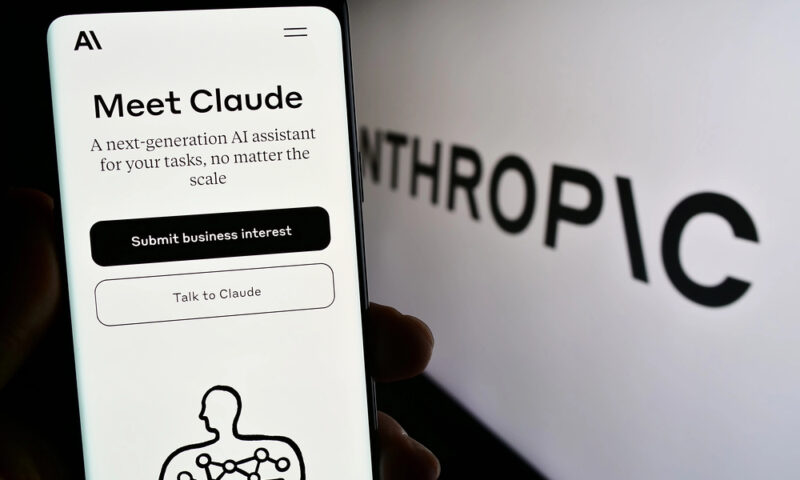Judge Sides With Anthropic in Fair Use of Copyrighted Books, But Not Pirating
A U.S. District Court judge sided with Anthropic in a fair-use case after the AI company downloaded and scanned millions of pirated copyrighted books to train various large language models (LLMs) for its AI services.

However, Federal judge William Alsup also ruled that there would be a trial held to evaluate damages for the online pirating of those books.
According to the Northern California U.S. District Court ruling, Anthropic’s LLM, the company pirated millions of copyrighted books and also purchased physical books, “tore off the bindings, scanned every page, and stored them in digitized, searchable files … to amass a central library of ‘all the books in the world’ to retain ‘forever.’” Authors sued for copyright infringement, including Andrea Bartz, Charles Graeber and Kirk Wallace Johnson.
“This order grants summary judgment for Anthropic that the training use was in fair use. And, it grants that the print-to-digital format change was a fair use for a different reason. But it denies summary judgment for Anthropic that the pirated library copies must be treated as training copies.”
This is the first time courts have sided with AI companies’ claims of fair use for LLM training purposes. Several other similar copyright lawsuits are ongoing against technology companies that used literary works, news articles and art without permission to train AI LLM models.
This deals a blow to possible future rulings with other copyright lawsuits against AI companies, including OpenAI, Meta, Stability AI and Microsoft. Other ongoing lawsuits include:
- Authors Guild et al v. OpenAI et al
- The New York Times Company v. OpenAI Inc.
- Tremblay v. OpenAI Inc.
- Kadrey v. Meta
- Andersen v. Stability AI
- Daily News Lp Et Al V. Microsoft Corporation.
The New York Times Company lawsuit against OpenAI has compelled the AI company to retain all user chats indefinitely as evidence, raising concerns from users about privacy.
The ruling could lay a foundation for other courts to side with AI technology companies. It’s also a reminder about the dangers of pirating, even for big tech companies. We will continue to report on this topic as it develops.

